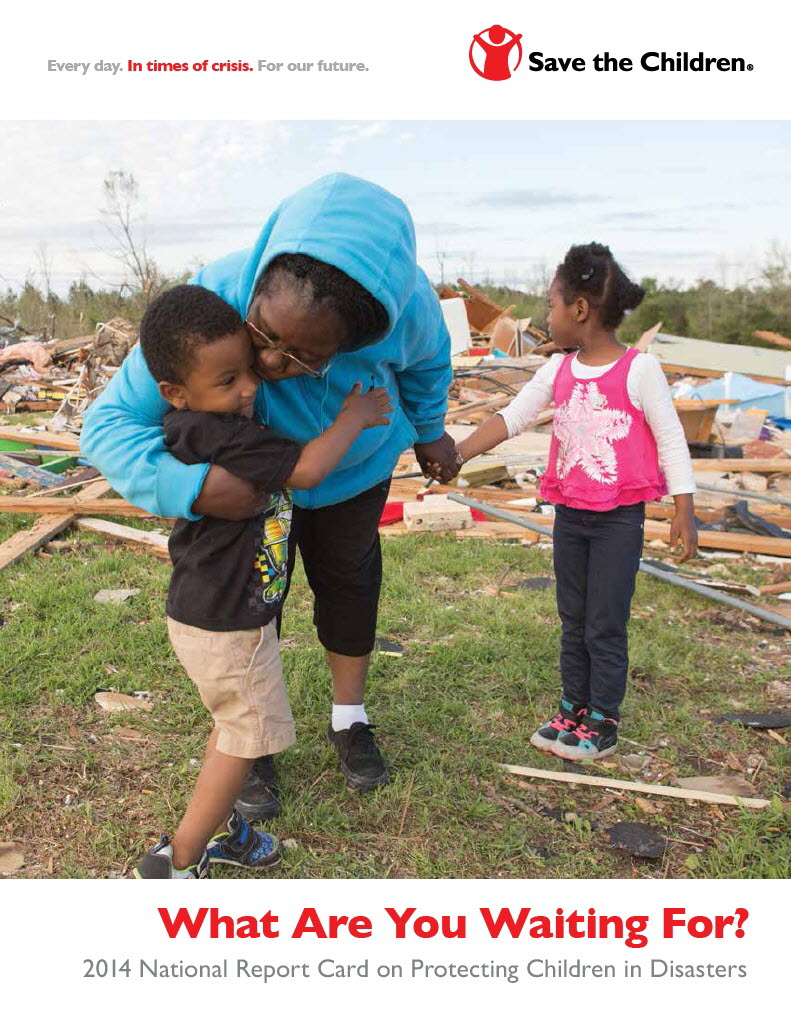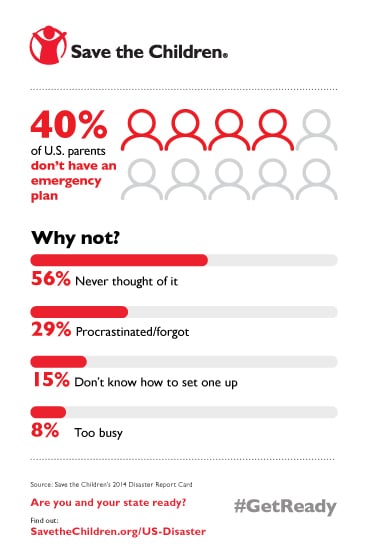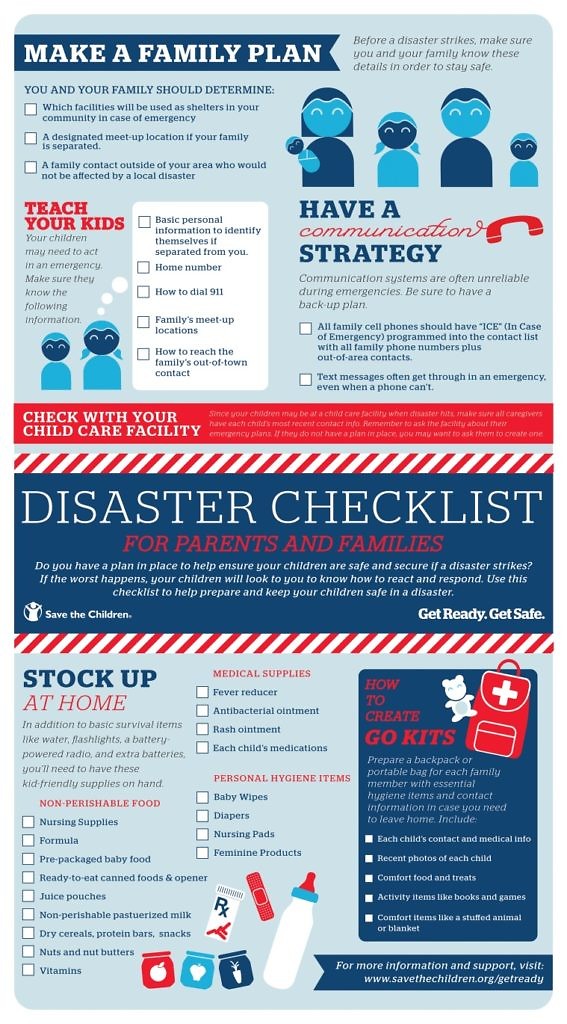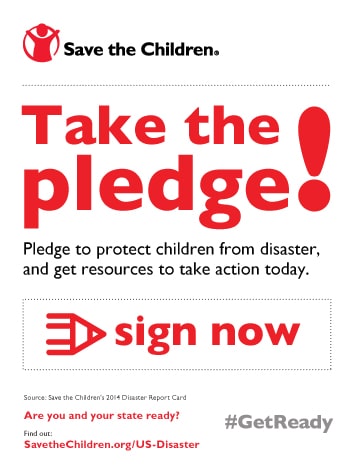The Importance Of Family Emergency Plans #GetReady
Twenty-five years ago, Hurricane Hugo made landfall at Charleston, South Carolina as a Category 4 Hurricane. Hugo left 60,000 people in the state homeless, 270,000 temporarily unemployed and 54,000 residents seeking disaster assistance. Many were without power for two weeks or more.
I remember going to bed the night before the storm hit. My mother, a Registered Nurse, was working the night shift and it was just us girls and my Daddy. He’s a worrier and light-sleeper. He spent most of the evening watching the news and I can remember our neighbors taking minor preparations to their homes and checking in on one another. Some chose to leave to stay in cities further from the coast – the traffic getting out of Charleston was horrible.

The sound of the wind is what woke me up and I sought shelter in my parents’ room with my Daddy. It was dark as the power lines had come down early in the storm and Daddy was keeping up with the storm on a radio. My little sisters were already there and the three of us snuggled close and tried to go back to sleep. I think I was drifting to sleep when we heard the trees start to break and snap. Those trees I’d love so much – sitting under them reading a book, climbing them when my parents weren’t watching, perfect hiding spots during hide-and-go-seek with my neighborhood friends – seemed to betray our neighborhood that night. Glass breaking as a tree came through my bedroom window and landed on my bed, the pillow I’d been sleeping on just an hour or so earlier. My Daddy trying his best to stay calm in front of the three of us and me, ever the big sister, trying to console my 4-year-old sisters.
The sound of wind whipping past our home at 130+ miles per hour and then silence. Complete and utter silence.
We ventured outside to check on neighbors. Men quickly came together to move trees, patch windows and rescue neighbors who were stuck in their homes. My Daddy tried unsuccessfully to get in touch with my mother. Phone lines were down and this was the pre-cell phone era. Daddy tried to get us back to sleep and I remember drifting off and then the wind picked up again and a sound I cannot even describe and not-so-kid-friendly words coming from my Daddy as the last few remaining trees in our front yard ended up in our living room.
At some point we fell asleep and morning came, our neighborhood was unrecognizable. There were trees down, homes and cars destroyed, toys and swing sets found blocks away, if they were even found. The next few days were a blur. I remember my mom finally making home, us checking on my grandparents and other relatives and then leaving with my aunts to Columbia.
Reflecting back, other than stocking up for essentials, we didn’t have a true plan. Of course, technology has evolved since Hurricane Hugo. However, I saw firsthand when Hurricane Katrina hit The Gulf Coast how not being prepared as a family, city and state could impact communities and children. I worked in the hospitality industry in Texas and many families sought refuge in neighboring states. There were families frantically trying to locate relatives – young and old – only to find out they were states away.
September: National Preparedness Month
Save The Children recently released its 2014 Disaster Report Card, titled What Are You Waiting For?

Some of its findings:
- 21 states and millions of parents are not prepared to protect children from disaster.
- In the past year alone, the U.S. has experienced 50 major natural disasters and 20 school shootings. Disaster can strike anywhere, anytime.
- This year alone, thousands of U.S. children have lost their homes, all their belongings, their child care centers, and even their loved ones to disaster. Along the way, children often lose their very sense of security.
- By preparing ahead of time, parents are more likely to know what to do and help their children feel calm and comforted should the worst happen.
- Preparedness will also help families reunite, should disaster separate them.
- After Hurricane Katrina, thousands of families were separated and it took 7 months for the last child to be reunited with her parents.
- 69 million children are separated from their parents every day – while in school or child care.
Creating A Family Emergency Plan

I remember growing up it was stressed in our schools to have a fire safety plan in our homes – that is still important and our plans should, also, include what to do in the event of different emergencies that could impact our communities. You can find checklists for family plans and for professional caregivers here.

You can, also, sign the pledge to protect children from disaster, and encourage others to do the same here. By doing so, you get access to the full PDF of Save The Children’s 2014 Disaster Report Card. They will then share the list of signers with state legislators to show support for increasing protections for kids in your state! They will, also, keep you informed about future actions you can take.

